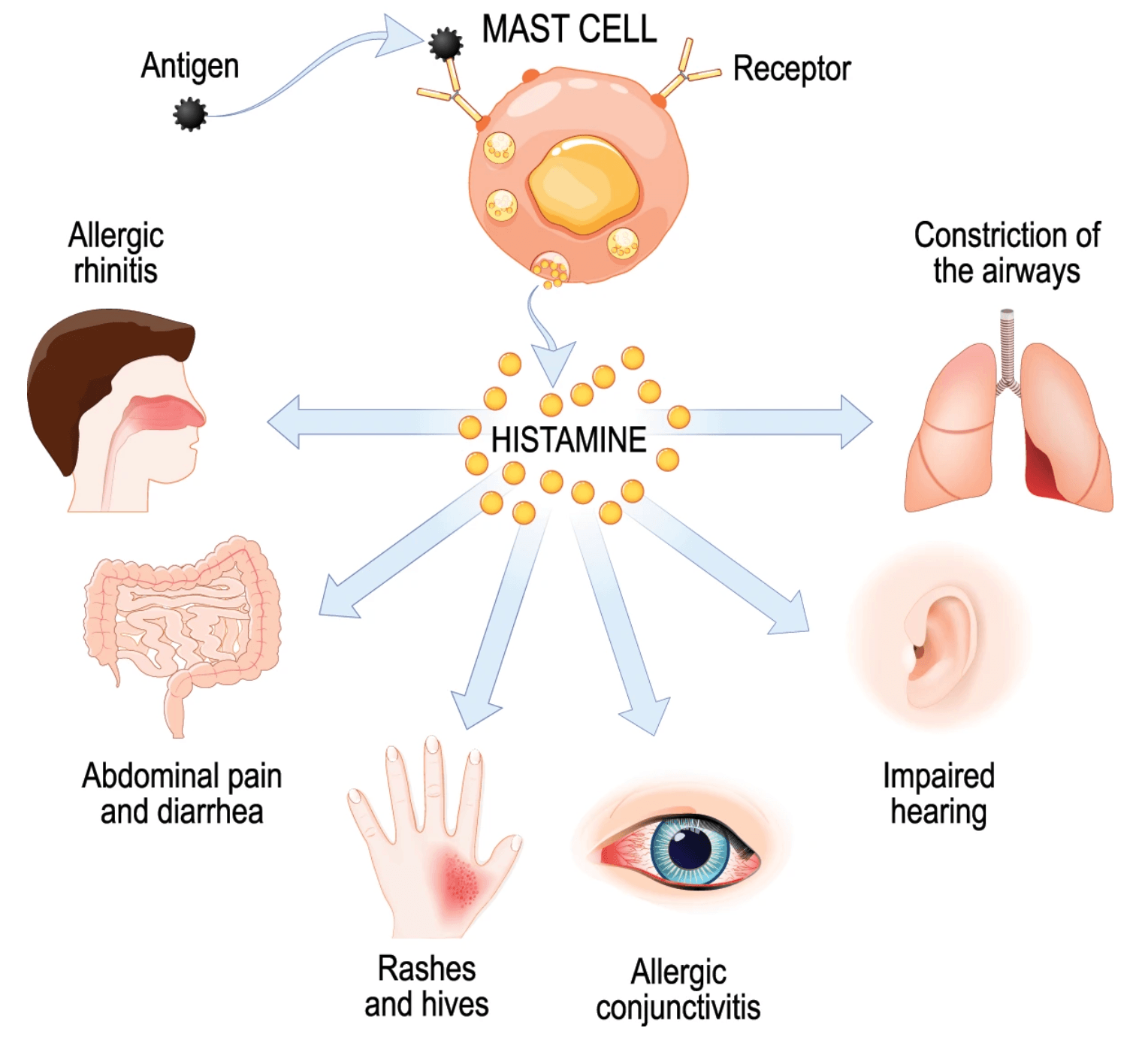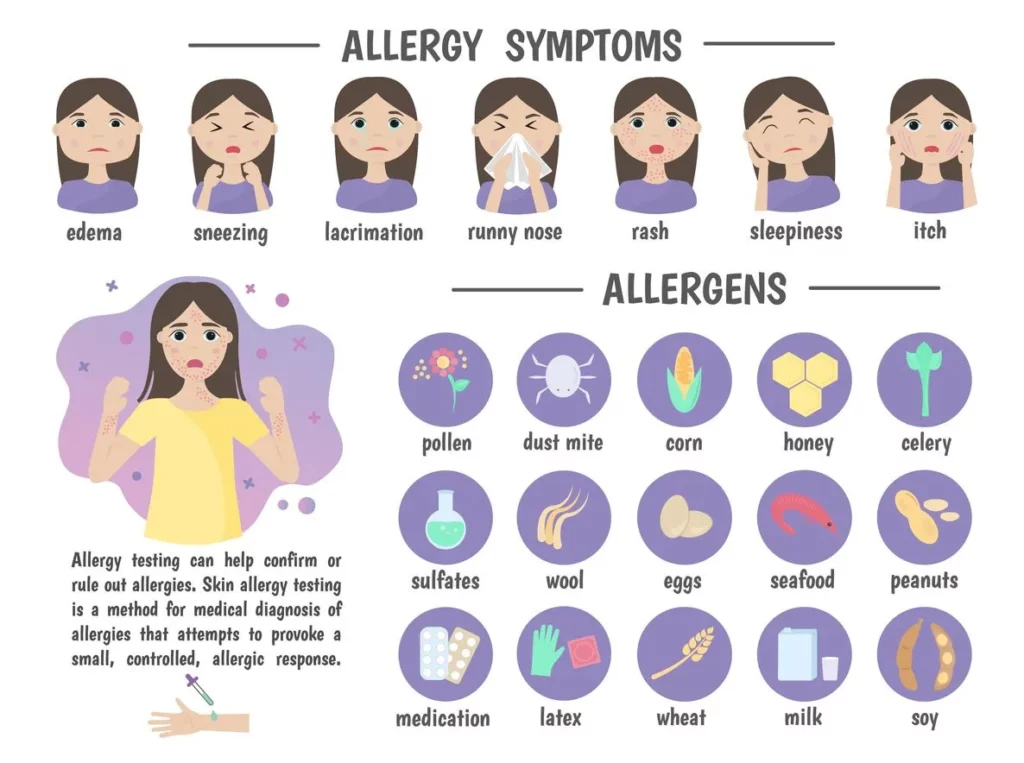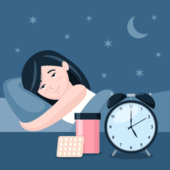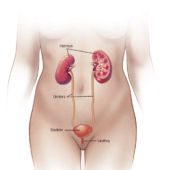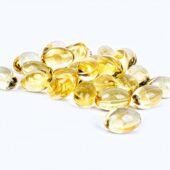What are allergies?
When an individual comes into contact with a foreign substance, such as pollen, pet dander, or certain foods, the immune system may react by producing antibodies. These antibodies trigger the release of chemicals like histamine, leading to common allergy symptoms such as sneezing, itching, or swelling. This immune response is the body’s attempt to protect itself from what it perceives as a threat, but in the case of allergies, it can result in discomfort and other adverse effects. The most common seasonal allergy symptoms are listed below followed by tips to manage them.
Once you’re done reading, if you have more questions about seasonal allergy symptoms and how to manage them, ask a pharmacist online 24/7 using Medidex Connect.
Seasonal Allergy Symptoms
- Allergies can lead to different reactions depending on the allergen, sometimes causing a severe and life-threatening response called anaphylaxis.
- Common allergy symptoms often include:
- Rash
- Nasal congestion
- Frequent sneezing
- Itchy eyes, nose, and throat
- Runny nose and eyes
- Post-nasal drip
- Fatigue
- Coughing
Types of Allergy Tests?
- An allergy skin test involves a healthcare professional using a small needle to expose the skin to potential allergens. If an allergy is present, a raised bump called a hive will likely develop. If the initial test result is negative but an allergy is still suspected, an intradermal skin test may be recommended, involving the injection of a small amount of allergen into the skin.
- An allergy blood test involve drawing blood from a patient and sending it to a laboratory for analysis. One drawback is that several days may pass before the results are received. However, blood tests have the advantage of testing for a broader range of allergens compared to skin tests.
How to manage seasonal allergy symptoms?
- Keep windows closed, especially during high pollen count days, to prevent outdoor allergens from entering your home.
- Limit outdoor activities during peak allergen season, particularly during early morning and late afternoon when pollen counts are highest.
- Take a shower and change your clothes after spending time outdoors to remove any pollen or allergens from your skin and clothing.
- Use window screen filters and air conditioning to reduce moisture in the air, which can help prevent the growth of mold and mildew, common indoor allergens.
- Incorporate more anti-inflammatory foods such as fish, leafy greens, or berries into your diet.
- Stay well hydrated, which can improve your body’s ability to regulate itself and lessen the severity of allergy symptoms.
- Consider using saline nasal sprays to alleviate irritated nasal passages caused by allergies after outdoor exposure. These sprays can help flush out allergens and soothe nasal passages.
- Neti pot saline solution can be used to effectively alleviate nasal symptoms associated with sinus infections, allergies, colds, and flu. The saline solution facilitates the passage of water through the nasal membranes with minimal to no burning or irritation.
- Use allergy-friendly materials such as bedding and pillowcases that are available online or from specialty retailers.
- Consider over-the-counter allergy medications or treatments such as Benadryl or Zyrtec to manage more severe symptoms.
Conclusion
Managing seasonal allergy symptoms at home involves a combination of preventive measures, lifestyle adjustments, and natural remedies. By keeping indoor air clean, using allergy-friendly bedding, and incorporating anti-inflammatory foods into your diet, you can significantly reduce the impact of allergens. Regularly cleaning your living spaces, staying hydrated, and utilizing over-the-counter treatments when necessary, can further enhance your ability to cope with symptoms. With these best practices, you can create a healthier and more comfortable living environment, allowing yourself to enjoy the changing seasons without the discomfort of seasons allergy symptoms. Remember, consistency is key, and a proactive approach will help you stay ahead of your allergy symptoms.
Embrace these strategies and take control of your well-being. Stay allergy-free and enjoy each season to its fullest! If you have additional questions about seasonal allergy symptoms or treatments, connect with a licensed pharmacist on-demand with Medidex Connect.
Disclaimer: This website does not provide medical advice. No content on this site is intended to be a substitute for professional medical advice, diagnosis, or treatment. All content on this site is for educational and informational purposes only, does not constitute medical advice, and does not establish any kind of patient-provider or client-professional relationship by your use of this website. Although we strive to strictly provide accurate and up to date general information, content available on this site is not a substitute for professional medical advice, and you should not rely solely on the information provided here. Always seek the advice of your physician or other qualified healthcare provider with any questions you may have regarding medical conditions, treatments, or medications.


